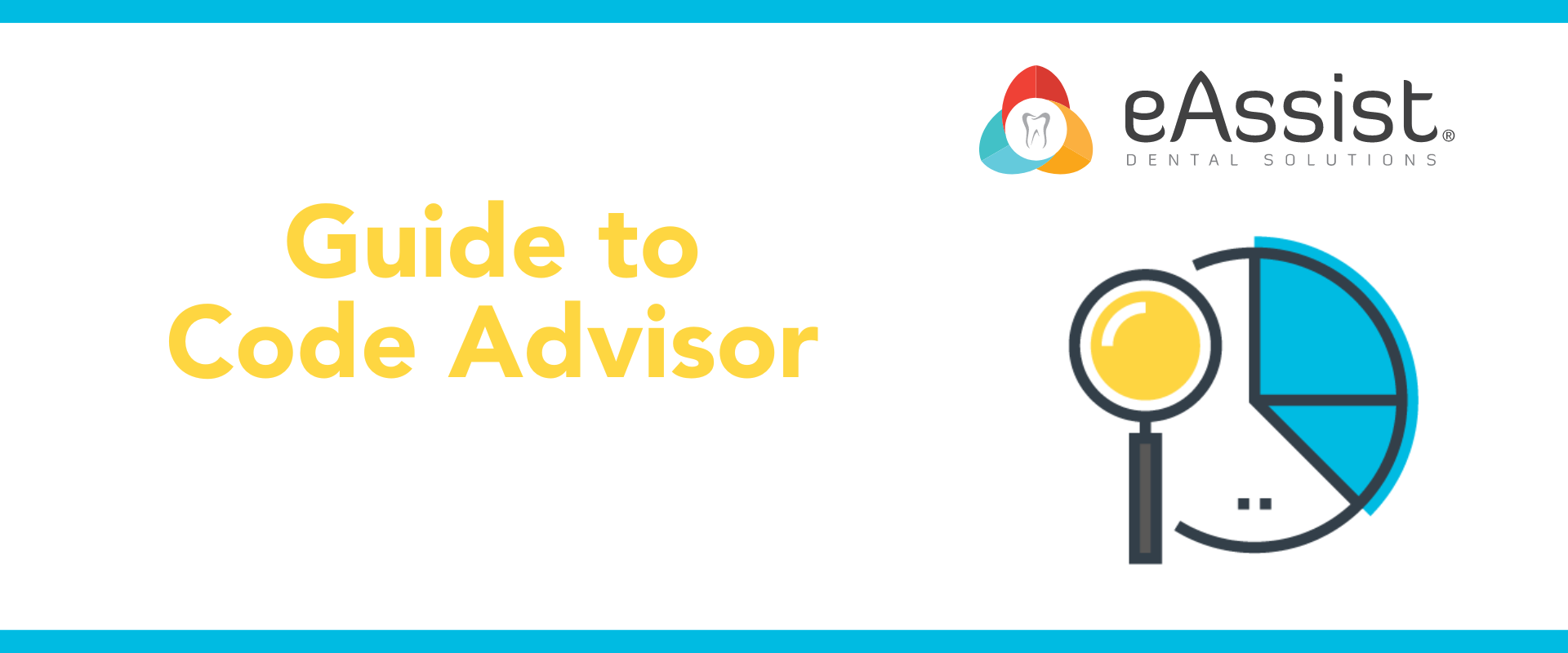Insurance verification is deceptively simple. At first, it appears to be merely contacting an insurance company to confirm the patient’s coverage matches their insurance card, but, in reality, it’s so much more than that. Just as insurance plans are complex entities filled with provisions and restrictions, insurance verification is a detailed, multi-stepped process that requires a number of questions to be asked in order to ensure your claim is billed correctly. Here are examples of just what to ask when verifying insurance.
What are the plan’s effective dates?
Don’t assume the dental plan the patient provides is valid. Often, especially at the beginning of the calendar year, plans are changed and the patient forgets to provide their new insurance information. When contacting insurance, the first item to confirm should be whether or not the plan was in effect on the date of service. If not, contact the patient to find out if they have coverage under a different plan. If it is in effect, obtain the exact start date, especially if the patient has dual coverage, as it will come in handy when coordinating benefits.
What is the annual maximum?
The majority of dental plans have a maximum amount of benefits available per calendar year (on average between $1000-2000) and once it’s reached the insurance will no longer issue any payment. Be sure to confirm what is the annual maximum of benefits allowed and, also, how much has already been paid in order to avoid any unpleasant denial or underpayment. In addition, double-check the date the benefits will restart as most update every calendar year, but a few wait until the plan effective date.
What is the deductible?
If the patient has PPO insurance, most likely a deductible will apply. For dental plans it ranges from $25-100, and, once it’s met, the insurance will start paying benefits. For medical plans, the deductible is much higher, on average about $1600, and will apply any time dental treatment (like oral surgery) is billed under the plan. To avoid a denial, always confirm the deductible amount for both the dental and medical plan and whether or not it has already been met.

Is the dependent covered?
When a patient provides an insurance plan in which they are not the subscriber, double-check that they are, in fact, covered under the plan. Some plans are subscriber-only and the patient may be unaware they are not a covered dependent. If the patient is an adult dependent on their parent’s plan they may have exceeded the age limit for coverage. Most insurances cover adult children until age 26, but some will only do so if the patient is a student, while others have a lower age limit. Make sure the patient meets these requirements when verifying.
Is there a missing tooth clause?
If you are completing a bridge or denture, verify whether or not the plan has a missing tooth clause. A missing tooth clause states that, if the tooth was missing prior to the plan effective dates, any restoration will not be covered. If it applies, confirm the plan effective date as well as the date of the extraction in order to confirm whether or not the treatment will be paid.
What are the frequency limits?
Most plans have frequency limits for numerous dental procedures from x-rays to crowns. Always check what the frequency limits are for the procedures you are completing. For instance, restorations, such as crowns, bridges, onlays, and dentures, often have a frequency limit of 5-10 years. Full mouth x-rays will be paid, on average, once every 5 years, and scaling and root planing, once every 2. When it comes to exams and periodontal maintenance there’s generally a limited amount paid per year, usually no more than 2.

Is there an alternative benefit clause?
Most plans have alternative benefit clauses for specific treatments. For instance, many will not cover a porcelain crown on a molar and, if one is billed, they will pay the alternative benefit downgrade of a full metal crown. Likewise, a composite filling will be paid as an amalgam. If you are billing any treatment that may be subject to an alternative benefit clause be sure to verify if it applies in order to adjust the amount you expect the insurance to pay.
Is there a waiting period?
In certain plans, not all treatment is covered immediately upon the effective date. Some have a waiting period which can be applied to anything beyond exams and x-rays. It can be as short as 30 days and as long as 12 months, depending on the treatment involved. As such, it’s always best to check if a waiting period applies.
Is pre-authorization required?
Just as some plans require a waiting period to cover treatment, others require a pre-authorization. This means that treatment will not be covered unless it has been submitted to the insurance ahead of time and pre-approved. Many military and medicare plans require this so it’s always best to verify if it is prior to beginning any treatment.
As you can see, there are several questions to ask when verifying insurance and the process can take up a significant amount of the workday. In order to free up time and ensure that every question is asked, consider outsourcing. At eAssist, the Success Consultants who use our platform will take the time to ask every relevant question when verifying coverage so that you will have peace of mind when the treatment is completed. To learn more, complete the form below.






0 Comments